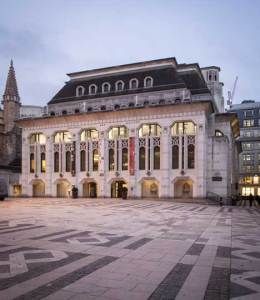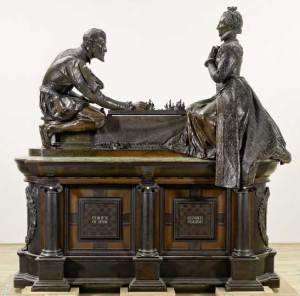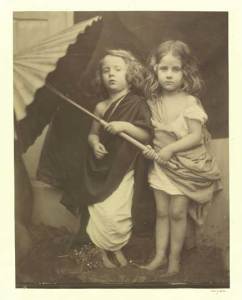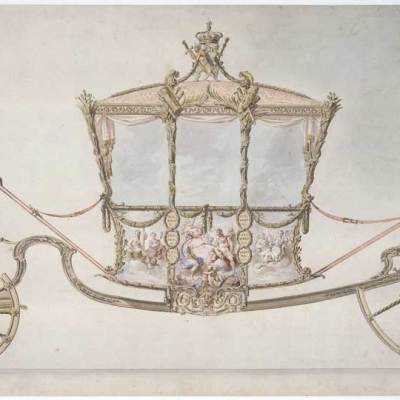Over the 12 days of Christmas, Apollo contributors and invited guests select their anticipated highlights of 2015
The Victorians are coming. Or rather, the Victorians are coming back (again). However often people sneer at Victorian art, it has an irrepressible capacity for revival and reinterpretation. In London alone, three major events in 2015 look set to refresh our understanding of the period: the refurbishment of the Guildhall Art Gallery, ‘Sculpture Victorious’ at Tate Britain and an exhibition dedicated to Julia Margaret Cameron at the V&A.
At the Guildhall, paintings that have long been in store will now be presented alongside more familiar works by Frederick Leighton, D.G. Rossetti and others. The gallery is among the more idiosyncratic spaces in London, an essay in modern gothic that hasn’t always been the easiest place to hang paintings. But with new temporary walls, improved lighting, and a thought-provoking thematic hang drawn from its vast Victorian holdings, it ought to become a more celebrated destination in 2015.
Victorian ‘statuemania’ takes centre stage at Tate Britain in the spring. ‘Sculpture Victorious’ promises to explore the productive yet sometimes fractious relationship between the aesthetic aspirations and the industrial advances of the period. It’s easy to be sceptical about Victorian monumentalism these days – and how it still seems to dictate the tone of many public and civic spaces in the United Kingdom. But throughout the 19th century, sculpture was a lightning rod for prominent debates about style, politics, and history (among other things). I hope the exhibition restores that nuance.
Julia Margaret Cameron’s photographs have always struck me as uniquely ethereal – an antidote to the more monumental vestiges of Victorian culture. But her tightly cropped, soft focus portraits are further testament to one of the great creative contradictions of the age. For in her work, the new technology of photography became a vehicle for post-Romantic mythmaking – perhaps nowhere more so than in the enigmatic ‘photographic illustrations’ she made for Tennyson’s Idylls of the King. A bicentenary exhibition opens at the V&A in the autumn.
Event Details
The Guildhall Art Gallery, London, reopens on 16 January.
‘Sculpture Victorious’ is at Tate Britain, London, from 25 February–25 May.
‘Julia Margaret Cameron’ is at the V&A, London, from 28 November–14 February 2016.






